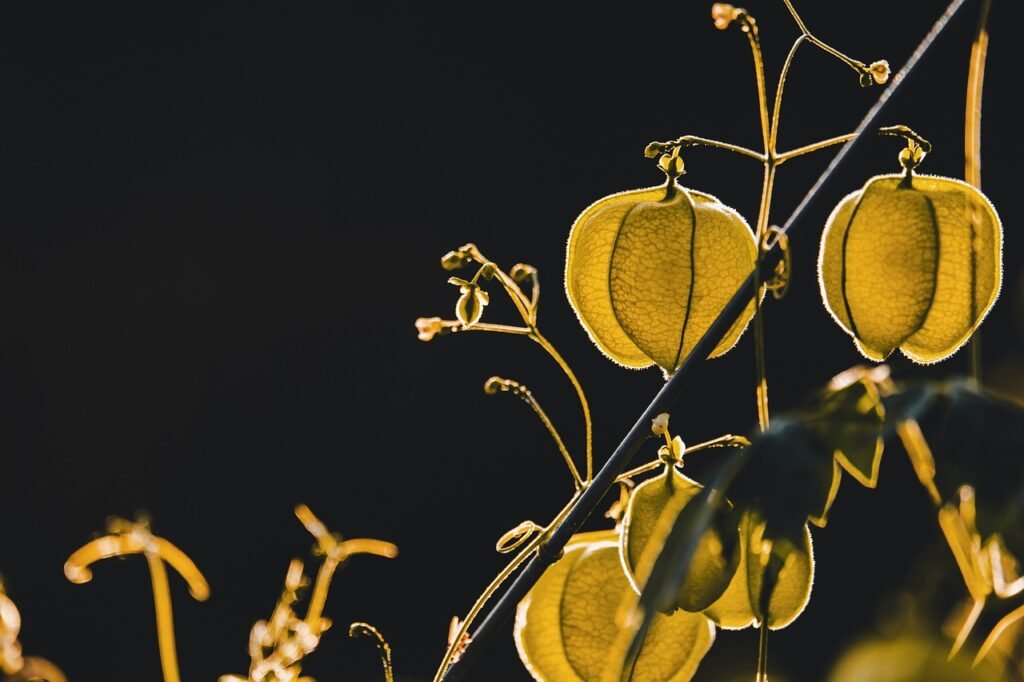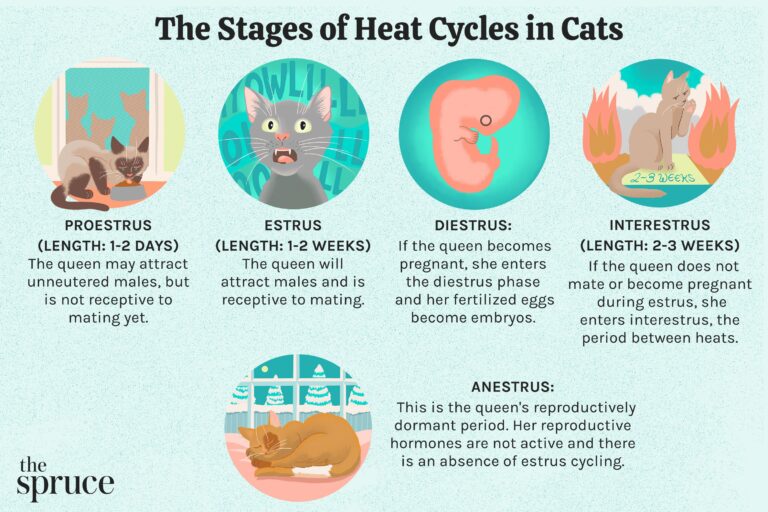Are Daisies Poisonous To Cats
Welcome to the article that explores the question, “Are daisies poisonous to cats?” Many people adore daisies for their cheerful appearance and often wonder if they are safe to have around their feline friends. In this article, we will delve into the potential risks of exposing your cat to daisies and provide guidance on how to keep your beloved pet safe and healthy. Are Daisies Poisonous To Cats?
Have you ever wondered if daisies are safe for your feline friend? You may have heard conflicting information about whether daisies are toxic to cats. In this article, we will delve into the topic and provide you with all the information you need to keep your beloved cat safe.

What Are Daisies?
Before we delve into whether daisies are harmful to cats, let’s first understand what daisies are. Daisies are beautiful, colorful flowers that belong to the Asteraceae family. They are known for their iconic white petals and yellow centers, but some varieties may have different colors, such as pink or purple.
Daisies are commonly found in gardens, floral arrangements, and even in the wild. They are popular for their cheerful appearance and are often used to symbolize innocence, purity, and new beginnings.
Toxicity of Daisies to Cats
When it comes to daisies and cats, the concern lies in whether these flowers are toxic to our feline companions. Unfortunately, daisies are considered to be mildly toxic to cats. The reason behind this is that daisies contain chemicals known as pyrethrins, which can be harmful to cats if ingested in large amounts.
Pyrethrins are natural insecticides found in certain plants, including daisies. While they are effective at repelling insects, they can be toxic to cats when ingested. Cats are particularly sensitive to pyrethrins, as they lack the necessary enzymes to break down these chemicals effectively.
Symptoms of Daisy Poisoning in Cats
If your cat has ingested daisies, you may notice the following symptoms:
- Vomiting
- Diarrhea
- Drooling
- Lethargy
- Lack of appetite
- Skin irritation or rash
If you observe any of these symptoms in your cat after they have come into contact with daisies, it is essential to seek immediate veterinary attention. While daisy poisoning in cats is usually not life-threatening, it can cause discomfort and distress to your furry friend.
Treatment for Daisy Poisoning in Cats
If your cat has ingested daisies, your veterinarian may recommend the following treatment:
- Inducing vomiting to remove the toxins from your cat’s system
- Administering activated charcoal to absorb any remaining toxins in the stomach
- Providing supportive care, such as intravenous fluids, to keep your cat hydrated
It is crucial to follow your veterinarian’s recommendations for treatment, as untreated daisy poisoning can lead to more severe symptoms and complications.

Safe Alternatives for Cats
If you enjoy having flowers in your home but want to keep your cat safe, there are plenty of cat-friendly alternatives to daisies. Here are some safe options that you can consider:
| Safe Flowers for Cats |
|---|
| – Roses |
| – Sunflowers |
| – Snapdragons |
| – Orchids |
| – African Violets |
These flowers are non-toxic to cats and can bring a touch of beauty to your home without endangering your furry companions. Always ensure that any flowers or plants you bring into your home are safe for your pets to avoid any mishaps.

Preventing Daisy Poisoning in Cats
To prevent daisy poisoning in your cat, consider the following tips:
-
Keep Daisies Out of Reach: If you have daisies in your garden or home, make sure they are placed in an area that is inaccessible to your cat. Cats are curious creatures and may be tempted to nibble on plants within their reach.
-
Choose Cat-Safe Flowers: Opt for flowers and plants that are non-toxic to cats. This way, you can enjoy having greenery in your home without worrying about potential dangers to your furry friend.
-
Monitor Your Cat: Keep a close eye on your cat when they are outdoors or in areas where there are plants. If you notice any signs of distress or if your cat shows an interest in certain plants, take action to prevent any potential poisoning incidents.
By taking these proactive measures, you can help ensure the safety and well-being of your cat while still enjoying the beauty of flowers in your home.

Conclusion
In conclusion, daisies are indeed toxic to cats due to the presence of pyrethrins. While daisy poisoning in cats is typically mild, it can still pose risks to your feline friend. By being aware of the potential dangers of daisies and taking steps to prevent ingestion, you can protect your cat from harm.
Remember to always research the toxicity of plants and flowers before bringing them into your home, especially if you have pets. Your cat’s safety should always be a top priority, and with a little knowledge and caution, you can create a safe and harmonious environment for your furry companion.








